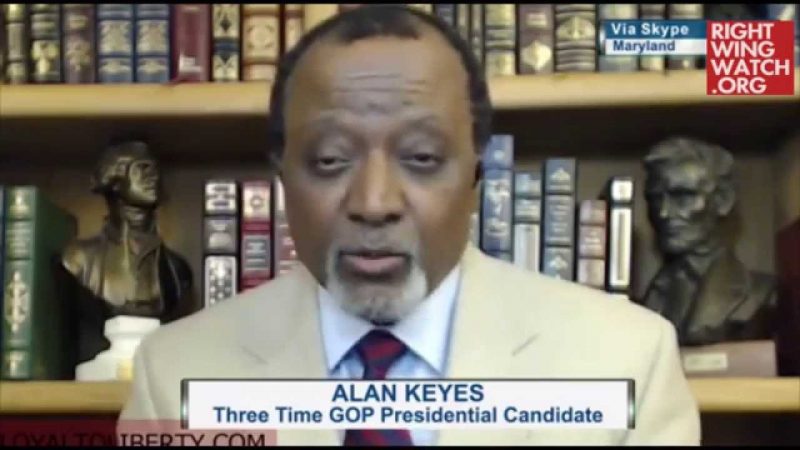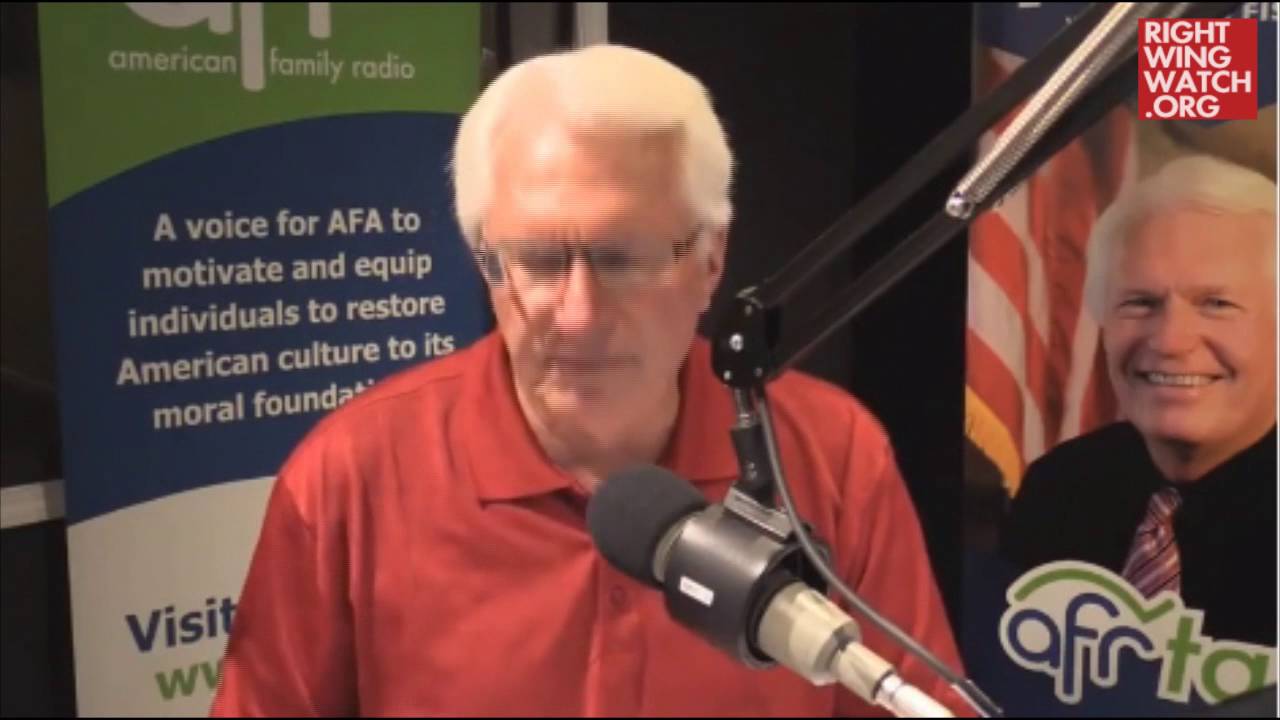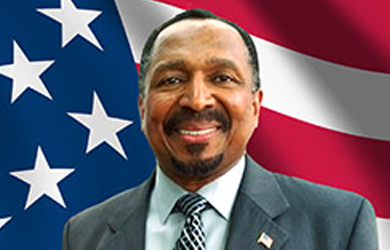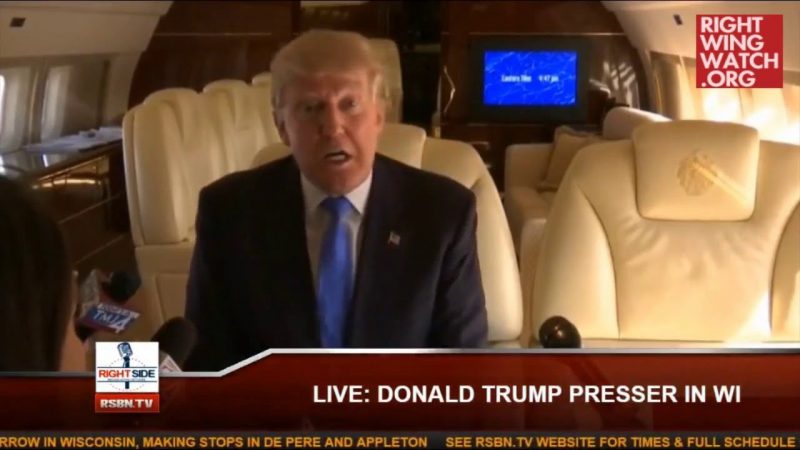When Alan Keyes announced his latest quixotic campaign, someone might have thought he hit the ground running: He was featured just three days later at the Values Voter Debate alongside real, live presidential candidates. Granted, he may have benefited from the fact that the four Republican front runners all skipped that event, and in the end, he didn’t make too much of an impression, but none the less, it’s nice to be wanted. And he also scored a spot at Tavis Smiley’s black-oriented forum on PBS (although again, the four leading candidates skipped that debate).
But alas, “the Big Mo” would elude Keyes. He was left out of the GOP debate in Michigan; blaming NBC, Keyes called it a “sham.” (On the other hand, it did have those four candidates…) He was also left out of the next debate in Orlando. Worst of all, he wasn’t even invited to speak at the Family Research Council Values Voter Summit.
So at this point, it’s not too surprising that Keyes would be left out of last night’s CNN/YouTube Republican debate. Nevertheless, Keyes campaign chief Stephen Stone (who moonlights as a pro-Keyes editor of Keyes’s RenewAmerica website) is outraged. Stone, in a angry—and long-winded—e-mail exchange with CNN, threatens legal action and insinuates foul play:
How do CNN and YouTube intend to dispel the obvious appearance that their exclusion of Ambassador Keyes from the debate does in fact amount to an attempt to damage the Keyes campaign? In other words, explain why the behavior of CNN and YouTube is not intentionally self-fulfilling — since it presumes in advance that the Keyes campaign lacks viability, and then proceeds to ensure such lack of viability by excluding Dr. Keyes from the nation’s consciousness — even though he is the most eloquent and persuasive Republican candidate in the race, a candidate who in 2000 was widely credited with winning the Republican presidential debates and came in third in the primaries, and whose candidacy, therefore, cannot objectively be considered less than viable.
While it may be hard for CNN to present an objective criterion to dispute that Keyes is “the most eloquent and persuasive Republican candidate in the race,” the network did claim to base its decision on minimum national poll results and a $1 million fundraising floor. Stone isn’t having any of it: How can the polls be “reliable” when they don’t include Keyes? (Well, except that one that does.) And how could CNN have possibly gauged how much Keyes has raised?
What evidence do you have of the actual amount of “individual contributions” raised to date by the Keyes campaign, upon which CNN and YouTube based their decision to exclude Dr. Keyes? Please describe the factual basis for identifying this amount, since we have never publicly released this confidential information, and explain how CNN and YouTube acquired it.
Now, this is especially comical, and not just because Keyes groups have a reputation for shady finances. One would hope that the CEO of a “major” presidential campaign would know that all federal candidates are required to disclose their contributions on a regular basis, and that information is hardly “confidential.” It’s easy to find on the Internet: By the last filing period, Keyes has raised $22,768 (that’s thousands, not millions) from 15 individual donors. (That’s fifteen.) By contrast, Fred Thompson—who officially entered the race around the same time—had raised $12 million from around 8,000 donors.







